Simple but passionate, unique
Hat Thuong Rang, Bo Mang is also called Rang Dang, Rang Thuong by the Muong people, plays an important role in the spiritual and cultural life and community customs. The Muong people created this unique lyrical folk song in the process of living, working and producing and in the folk beliefs from thousands of years ago.
Artists exchange information and perform Bo Mang melodies in a rustic space.
In Muong language, Thuong Dang means couple, Bo meng means formal conversation (talking singing). The common point is that they are performed in the style of singing - talking - chanting - praising... with narrative and dialogue between two people. The melody is passionate, chamber music so it conveys the maximum of the singer's thoughts to the partner and the listener. Therefore, Thuong Dang and Bo meng singing are not sung in duets or groups, but two groups can sing in turn to respond to each other. The singer needs to have skills, understanding and be good at Muong language.
From the closeness, simplicity, and inspiration, the melodies of Thuong Dang and Bo Mang are expressed with all the soul and emotion of the Muong people. The rich lyrics are suitable for the unique nuances of each event and situation and are deeply imprinted and blended in the Muong village, becoming an indispensable spiritual food for the people.
This year, 70 years old, but the voice of the excellent artist Bach Thi Dao in Nat Son commune still captivates people's hearts. Artist Dao said: "Since I was 9-10 years old, I followed my parents to listen to singing. The melodies of Thuong Rang and Bo Mang have seeped into my blood, heart and soul. From my passion, in 2017, I founded the Muong Folk Song Teaching and Singing and Gong Playing Club, which currently has 40 members. Every 15th and 30th of every month, the sweet and profound melodies echo in the Muong village."
Meritorious artist Bach Thi Dao is always devoted to the melodies of Thuong Rang and Bo Mang.
Songs are sung from every house, garden, roadside, field or communal house yard, even on happy occasions such as festivals, weddings... There is no need for a grand stage or loudspeakers, but the soulful, tender melodies are enough to awaken the entire Muong region.
To tell folk stories, express gratitude, congratulate, date or teach children, praise the homeland..., Muong people can transform into moving songs. Among them, songs about love and romance are the most numerous. Through singing Thuong Rang and Bo Meng, people can express their feelings and thoughts; thereby understanding each other, living a life of love and loyalty.
Therefore, Muong folk songs are not only spiritual food but also carry deep philosophical and humanistic values; express aspirations and optimism; foster love for homeland, country, loyalty... and preserve the Muong language.
Muong song echoes forever
Thuong Rang and Bo Mang have been passed down from generation to generation orally. In the past, in the Muong Vang region, the singing of artist Quach Thi Hen was a source of encouragement in the difficult fields. This famous "singing tree" knew and could sing many Muong folk poems such as The Story of Nga and Hai Moi, Ho Lieu - Ut Lot... Every time they went to plant rice in the scorching summer sun, their singing would rise up like a cool stream of water, making everyone forget all their fatigue.
Nowadays, in the modern life, Muong folk songs are at risk of being lost. Those who know how to sing are mainly middle-aged and elderly. Recognizing the importance of the heritage, the Party Committees and authorities of Muong regions create conditions for the establishment of Muong singing clubs; encourage exchanges between regions. At the same time, they pay attention to proposing the title of excellent artisan for those who have made positive contributions. The old Hoa Binh province currently has 44 artisans considered for the title of excellent artisan, including 3 artisans singing Thuong Dang, the Muong ethnic group.
Muong folk song performance in a traditional stilt house.
The artists have the role of "keeping the fire" and "passing on" the passion to the next generation. In recent years, three outstanding artists: Dinh Thi Thao (Ky Son ward), Bach Thi Dao (Nat Son commune), and Quach Thi Lon (Dai Dong commune) have opened free classes to teach Muong folk songs to students. Singing competitions and exchanges are held in the community, between Muong regions, and at traditional festivals. The lyrics still echo in Muong villages and there are enthusiasts like Bui Huy Vong, Bui Van Nom, etc. who are passionate about collecting and recording folk songs to spread traditional values in modern life.
Folklore researcher Bui Huy Vong, owner of the Youtube channel “Vong Bui TV” with 32.8 thousand subscribers, shared: Since 2019, I and some enthusiastic people have connected and organized about 30 exchanges, attracting more than 100 core artists to sing Muong folk songs; recorded, recorded and posted over 3,200 videos on social networks. With a fairly high number of views and interactions, it contributes to spreading ethnic culture in the digital space.
From the passion for national culture, many Muong folk singing clubs were born and operated vigorously, gathering many famous "singers" throughout the Muong villages. In Muong Vang area alone - the old Lac Son district, there are 10 clubs, typically Muong Khu and Bai Chim clubs... The people hope to continue to have mechanisms and policies to support and encourage singing Thuong Rang and Bo Meng - a living cultural heritage, a source of nourishment for the soul and spirit of the Muong people, to remain forever like the breath and land of Muong villages.
Cam Le
Source: https://baophutho.vn/ban-muong-ngan-vang-lan-dieu-thuong-rang-bo-meng-237306.htm


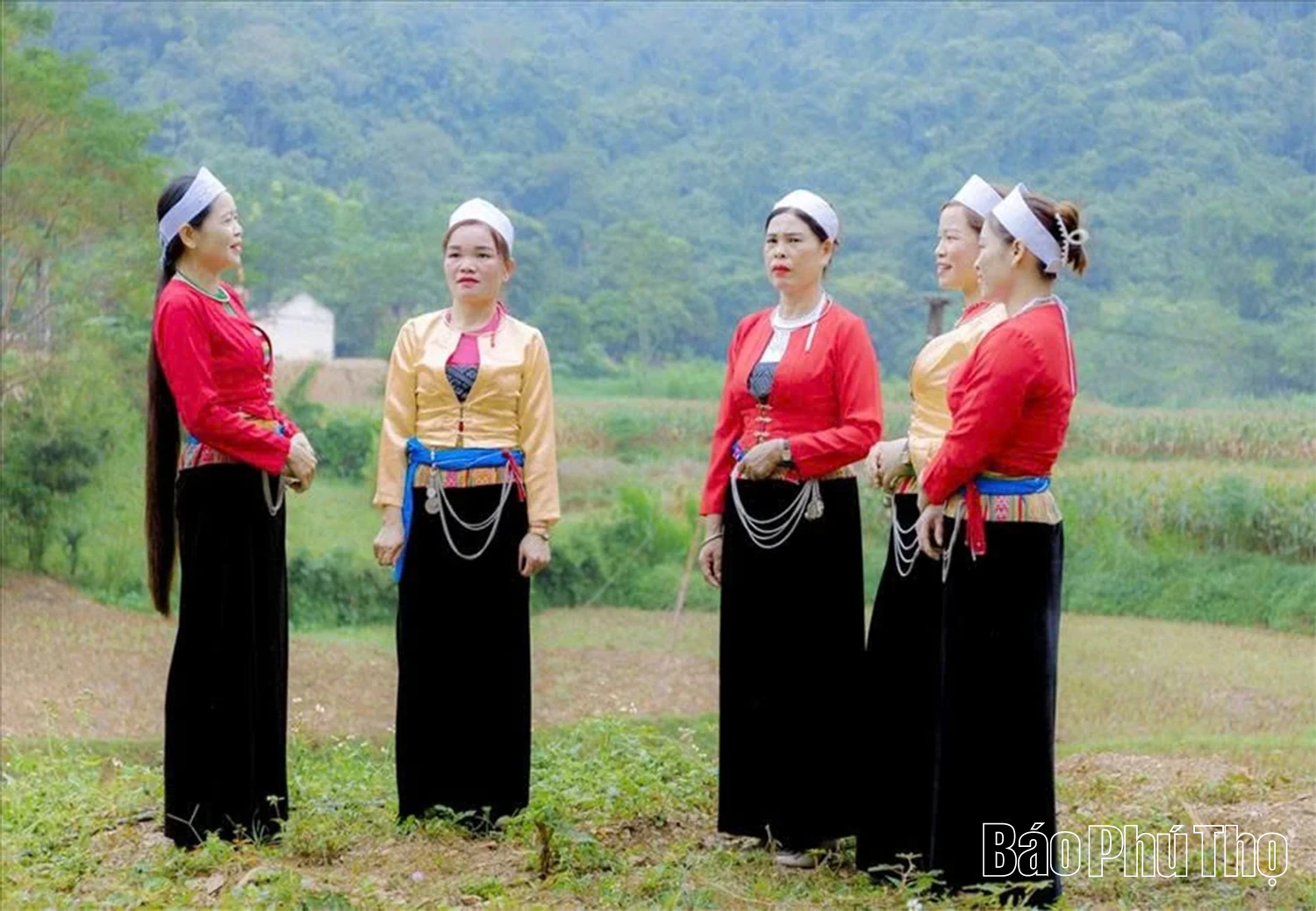
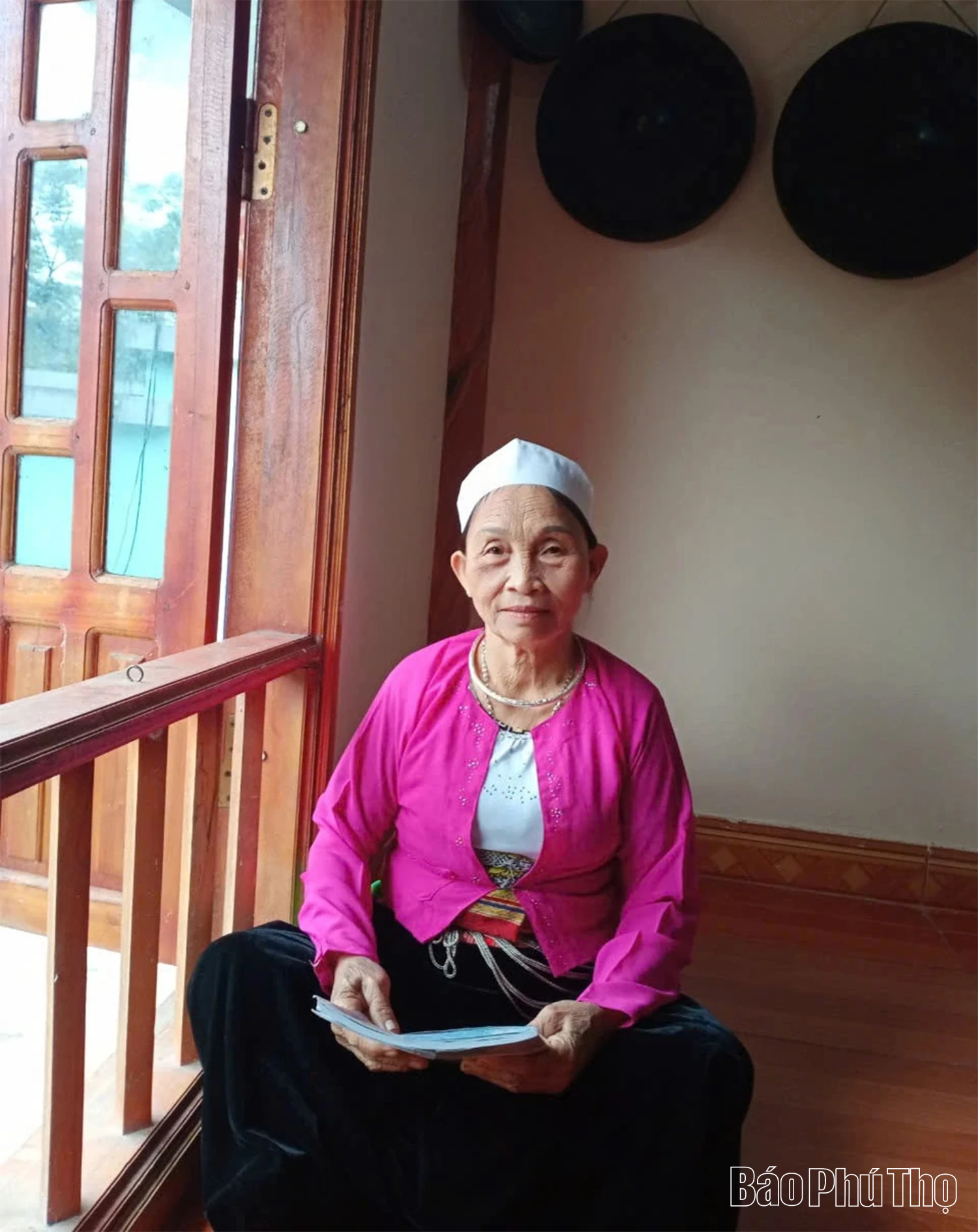
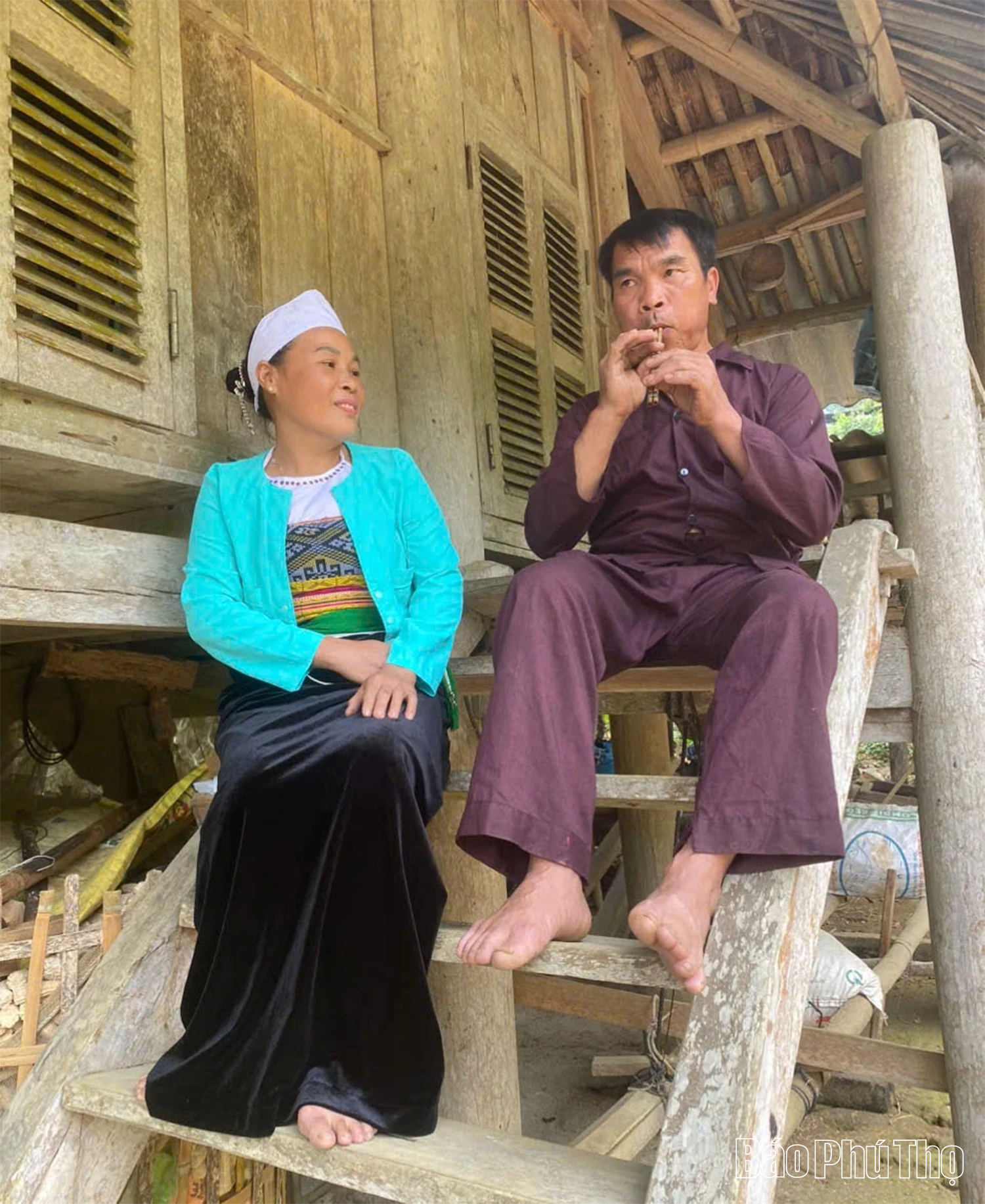








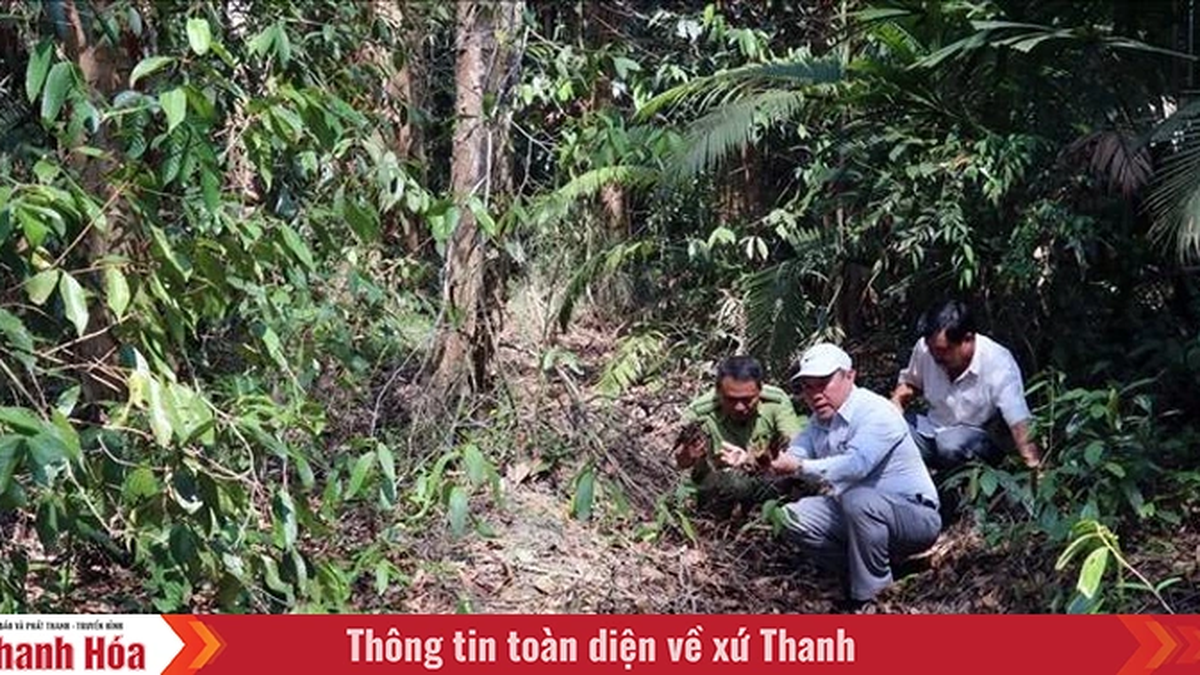

























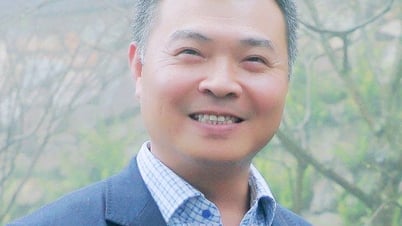

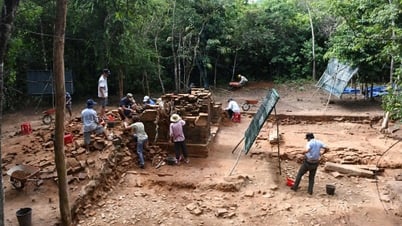














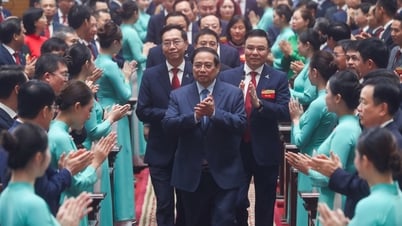










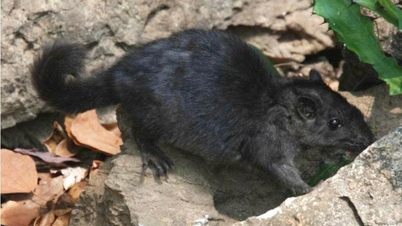
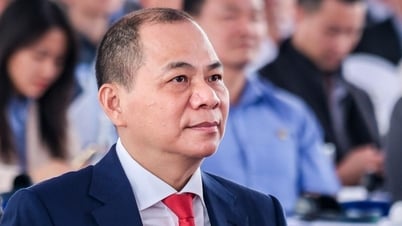
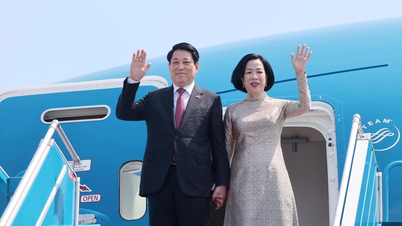
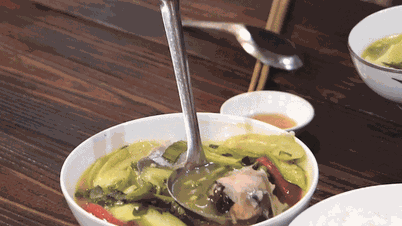


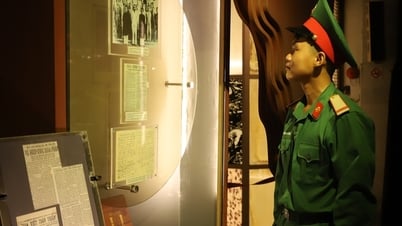





























Comment (0)